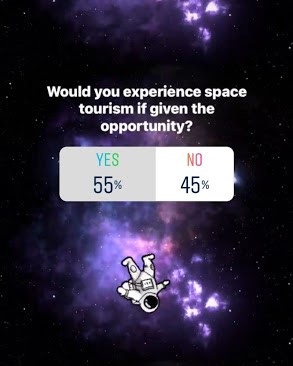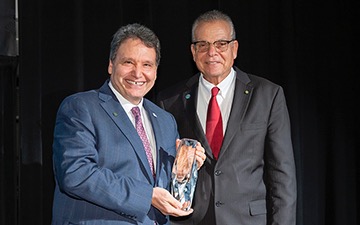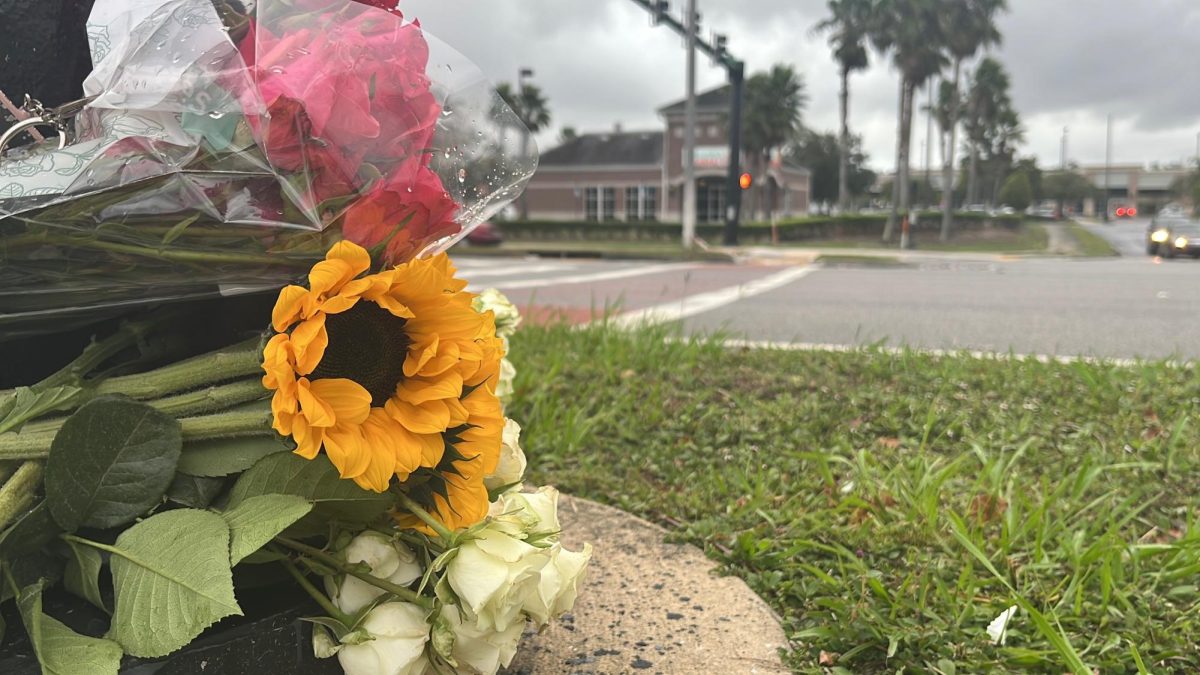It feels like only yesterday the world was in a full-fledged pandemic. Now, billionaires Jeff Bezos, Richard Branson, and Elon Musk spend millions of dollars to cash in on space travel while putting forth a public display defined as a “space race” between them. But who can call it a race anymore when one of the three already managed to pull it off on July 11.

It cost Richard Branson, founder of Virgin Galactic, a cool $841 million to live out a childhood dream of blasting off to space in a rocket ship. At 10:30 am eastern, Virgin Galactic’s white spaceplane, Unity 22, zoomed Branson and five crew members up more than 50 miles from the Earth’s surface.
Branson’s successful 90-minute endeavor may seem over the top and vain, but the feat is the first significant example of how close we are to space tourism that could benefit the rest of the human race.
Richard Branson’s space tourism company Virgin Galactic believes it will begin flying customers nearly 300,000 feet above Earth starting in 2022. Yet, the company raised the price of a ticket to $250,000, making it apparent it’s currently only accessible for the wealthy.
As stated on Virgin Galactic’s official website, their vision is to perform hundreds of flights every year from the spaceport locations worldwide. It’s intoxicating to think we may find ourselves traveling to space during the next century for research and leisure activity. But if it proves successful, what are the advantages and disadvantages of such a breathtaking experience?
The debate regarding space tourism rages on now that it’s becoming realized. Ian Crawford-Goss, a UNF Astronomy professor, shared his professional knowledge about the stirring topic. In addition, Professor Crawford-Goss mentioned an intriguing notion on how space tourism might benefit humanity’s perspective while gazing at the beautiful blue sphere outside of a silica glass window.
“I think the impact is a little bit more indirect,” Crawford-Goss said. “The ability to see the Earth as a whole without borders and without the separations that we have inflicted upon ourselves will be powerful for the human race.”
Professor Crawford-Goss connected his view to a thought-provoking quote from Edgar D. Mitchell, a NASA astronaut, and aeronautical engineer, about the impact on the human mind during space travel.
“You develop an instant global consciousness, a people orientation, an intense dissatisfaction with the state of the world, and a compulsion to do something about it.”

There is no doubt many people around the globe want the chance to experience the feeling of weightlessness in zero gravity, even if it’s only for a few minutes. According to a recent poll from Spinnaker’s Instagram account, 55 percent of 134 users voted yes for space tourism if given the opportunity.

It may take decades before that happens, but it begs the question if it’s worth billionaires prioritizing such a gambit while the planet faces challenges such as the COVID-19 pandemic, climate change, and world hunger. Let’s not forget there are a few million people who spend most of their wealth without assisting those issues either and haven’t accomplished anything remotely close to this. As the opportunity for space travel is open for private citizens without government involvement, it only makes sense that zany billionaires are taking center stage.
Next up is Amazon’s founder, Jeff Bezos, who will fly further into space than Branson on July 20. Bezos’ space tourism company, Blue Origin, does space flight differently than Virgin Galactic. Instead of releasing a spaceship from a mothership mid-flight like Virgin Galactic, Blue Origin’s rocket vertically lifts off from a launchpad. On top of that, Blue Origin flies autonomously, so it doesn’t need a pilot. Blue Origin is also more economical because the capsule and the rocket are reusable; the capsules use parachutes and boosters safely return to the surface, landing on a concrete landing pad at Blue Origin’s facility in Texas.

Despite having his SpaceX company, reports say Elon Musk has already reserved a seat for flying with Virgin Galactic. Musk’s position in the space race and the purpose of SpaceX is to establish satellites to provide high-speed internet to remote reaches of the planet, oh, and he wants to colonize Mars.
With opinions aside, 2021 marks an incredible year for innovation and engineering brilliance in space travel. But people must continue to focus and work together to preserve a liveable planet for future generations. More than 80 percent of the ocean is still unknown and unexplored. Taking that fact into account, maybe exploring what’s beneath the surface instead of what’s above will prove to be equally crucial for the future of humanity.
Exploration and discovery are undeniably ingrained in the human psyche. The wonder of what’s beyond the sky is too compelling to pass up for those willing to make the dream of commercial space tourism a reality.
________
For more information or news tips, or if you see an error in this story or have any compliments or concerns, contact editor@unfspinnaker.com.
















